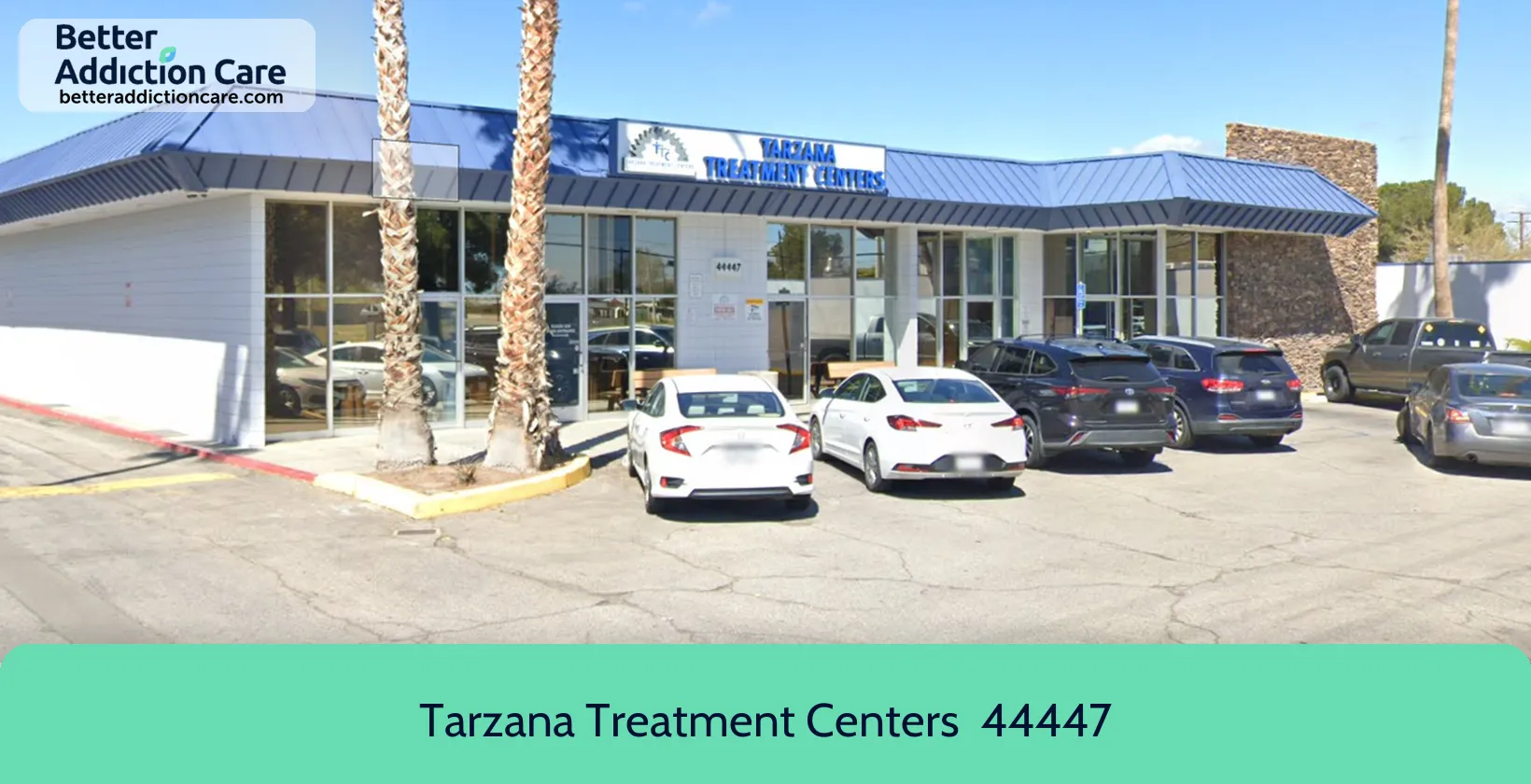Tarzana Treatment Centers - 44447 10th Street West
Overview
Tarzana Treatment Center’s 10th Street West clinic, located in Lancaster, California, offers comprehensive drug and alcohol rehabilitation services for adults. The center specializes in dual diagnosis care and provides a full spectrum of services, including residential treatment, sober living, and aftercare for both adults and adolescents. Additionally, they offer mental health care and court-related services, addressing a wide range of recovery needs.
The residential program at Tarzana Treatment Center provides a home-like environment designed to minimize distractions from the outside world, allowing clients to focus entirely on their recovery. With 40 beds available, the program offers individualized care that includes counseling to help clients understand their addiction and any underlying factors that may trigger it. The treatment primarily involves individual, group, and family counseling, complemented by specialized services such as electroconvulsive therapy (ECT) and trauma care.
Upon completing residential care, clients transition to a scaled-back program to continue their recovery journey. For those ready to reintegrate into daily life, the outpatient program offers the flexibility to attend sessions while living at home. This program allows clients to maintain their personal and professional responsibilities while receiving ongoing support. For those who need more structured support, the sober living program provides a transitional environment where clients perform chores, attend group meetings, and develop healthy routines.
Tarzana Treatment Center’s aftercare program is designed to support long-term sobriety. Through this program, clients continue to learn coping mechanisms and stress management techniques while mentoring others who are beginning their recovery journey. This mentorship component fosters a supportive community and reinforces the skills necessary for sustained recovery.
Tarzana Treatment Center’s commitment to providing high-quality, comprehensive care ensures that clients receive the support they need at every stage of their recovery. By offering a wide range of services and a structured, nurturing environment, the center helps individuals build a strong foundation for lasting sobriety.
Tarzana Treatment Center is proud to hold Joint Commission Accreditation, a testament to their commitment to the highest standards of care in addiction treatment and mental health services.
Tarzana Treatment Centers - 44447 10th Street West at a Glance
Payment Options
- County or local government funds
- Community Mental Health Block Grants
- Community Service Block Grants
- Medicaid
- Private health insurance
Assessments
- Comprehensive mental health assessment
- Comprehensive substance use assessment
Age Groups
- Adults
- Children/adolescents
- Young adults
Operation
- Treatment duration
- Private non-profit organization
Highlights About Tarzana Treatment Centers - 44447 10th Street West
6.71/10
With an overall rating of 6.71/10, this facility has following balanced range of services. Alcohol Rehabilitation: 8.00/10, Drug Rehab and Detox: 6.00/10, Insurance and Payments: 6.00/10, Treatment Options: 6.85/10.-
Alcohol Rehabilitation 8.00
-
Treatment Options 6.85
-
Drug Rehab and Detox 6.00
-
Insurance and Payments 6.00
Accreditations
The Joint Commission:

The Joint Commission accreditation signifies that a facility has met rigorous standards of excellence in patient care, treatment, and safety. It assures individuals and healthcare professionals that the accredited facility provides high-quality, evidence-based care for addiction and mental health issues, fostering trust and confidence in their services.
NAATP:

The NAATP accreditation is a recognized addiction and behavioral health standard. This accreditation signifies that a treatment facility or program has met specific criteria and standards set by NAATP, demonstrating a commitment to providing quality care and services to individuals seeking treatment for addiction and behavioral health issues. Facilities and programs accredited by NAATP are evaluated on their adherence to established best practices, ensuring that clients receive comprehensive, evidence-based care to support their recovery journey.
Treatment At Tarzana Treatment Centers - 44447 10th Street West
Treatment Conditions
- Mental health treatment
- Alcoholism
- Opioid Addiction
- Substance use treatment
- Co-occurring Disorders
Care Levels
- Detoxification
- Halfway house
- Hospital inpatient treatment
- Hospital inpatient detoxification
Treatment Modalities
- Family counseling
- Individual psychotherapy
- Cognitive Behavioral Therapy
- Dialectical Behavior Therapy
- Electroconvulsive Therapy
Ancillary Services
Languages
- Sign language services for the deaf and hard of hearing
- Spanish
Special Programs
- Clients who have experienced trauma

Additional Locations
Get Help Now
Common Questions About Tarzana Treatment Centers - 44447 10th Street West
Contact Information
Other Facilities in Lancaster

6.50
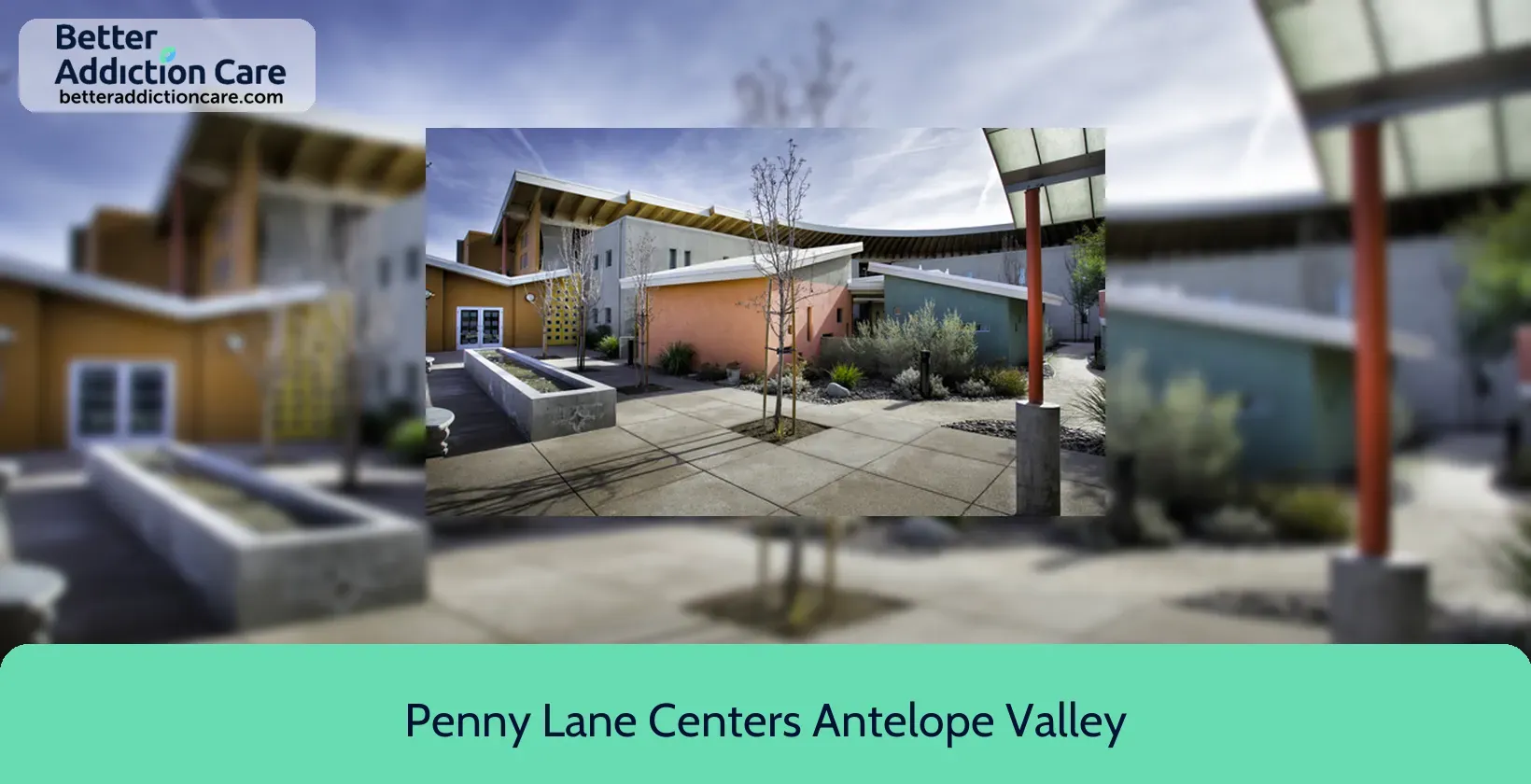
6.65
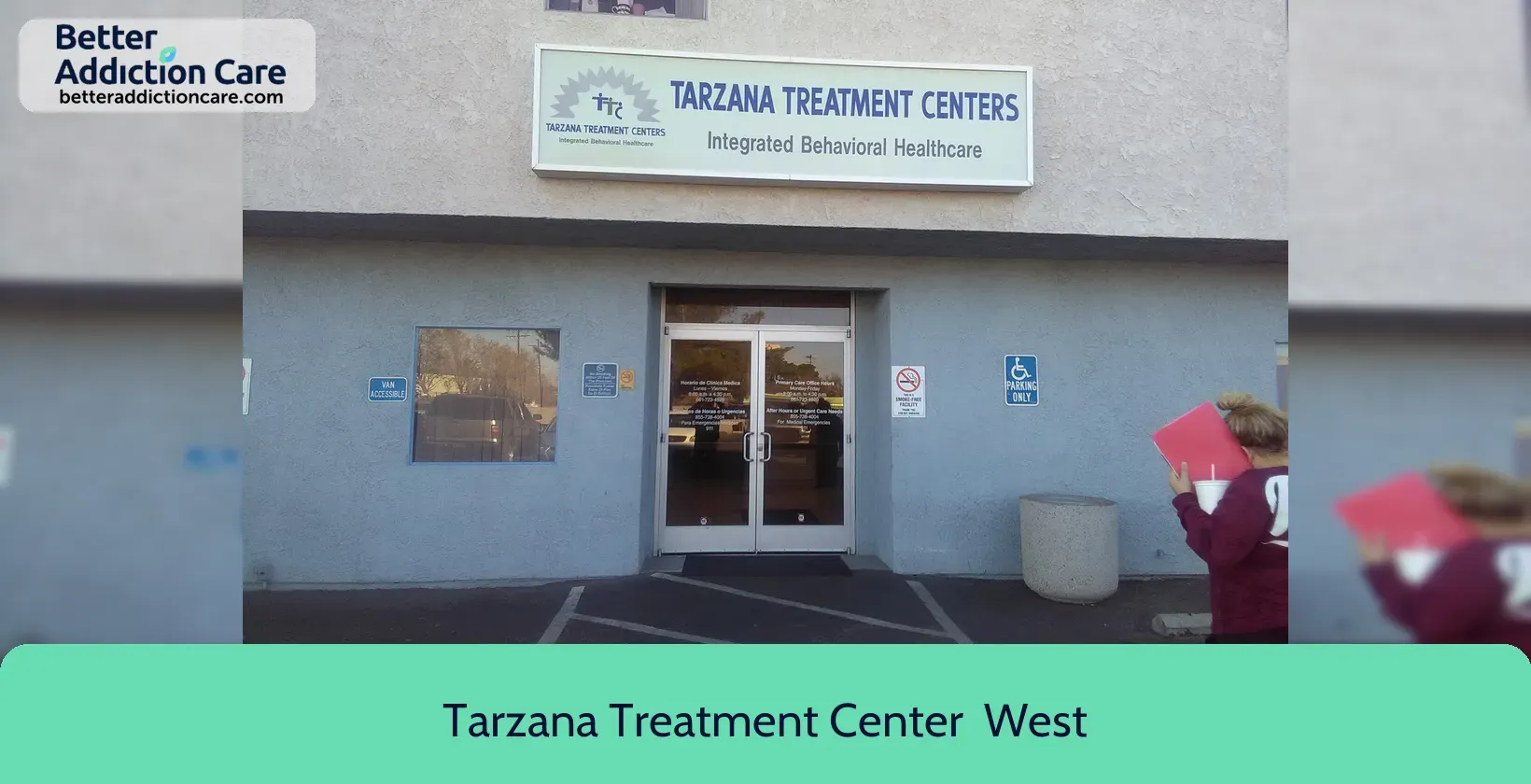
6.74
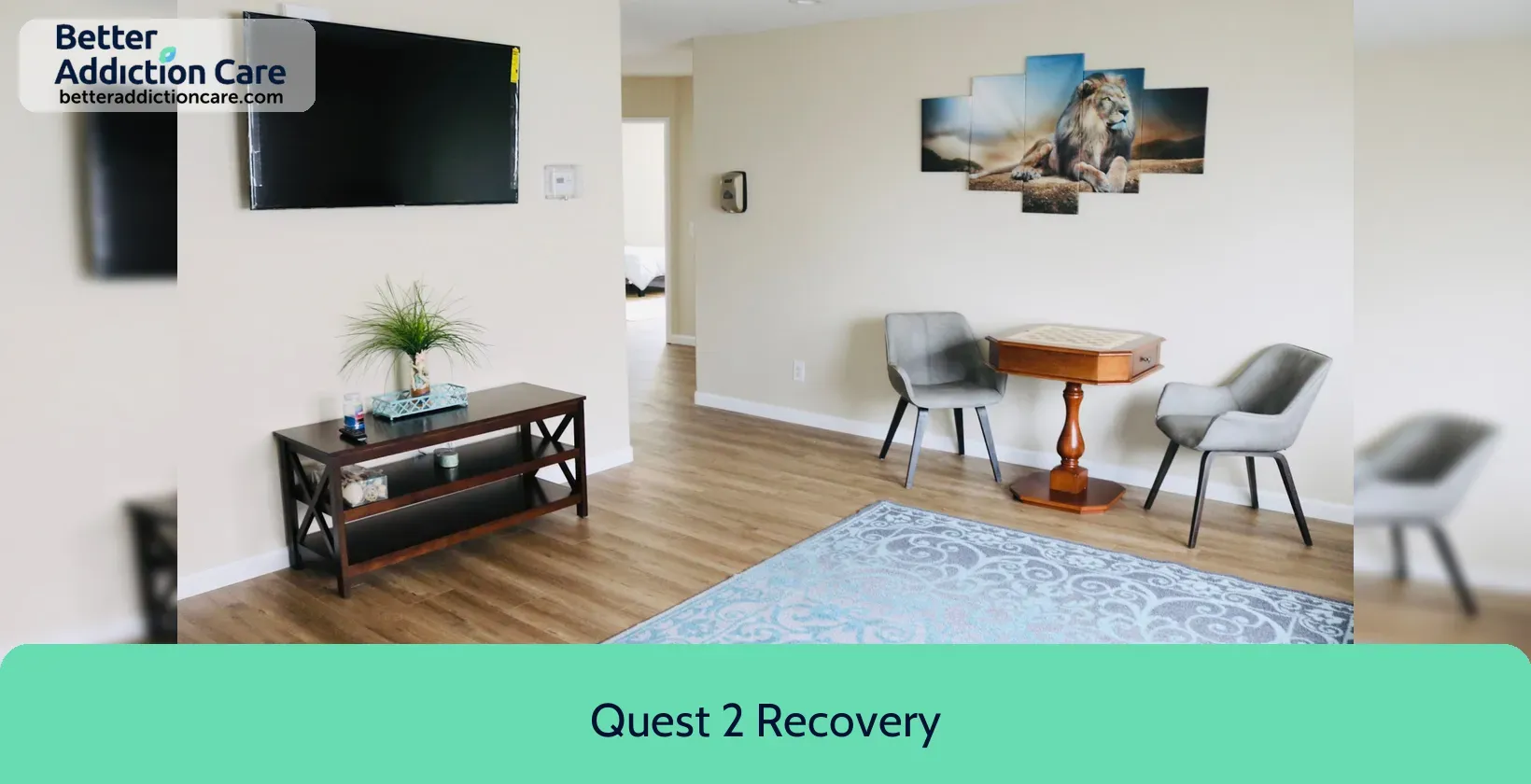
6.91
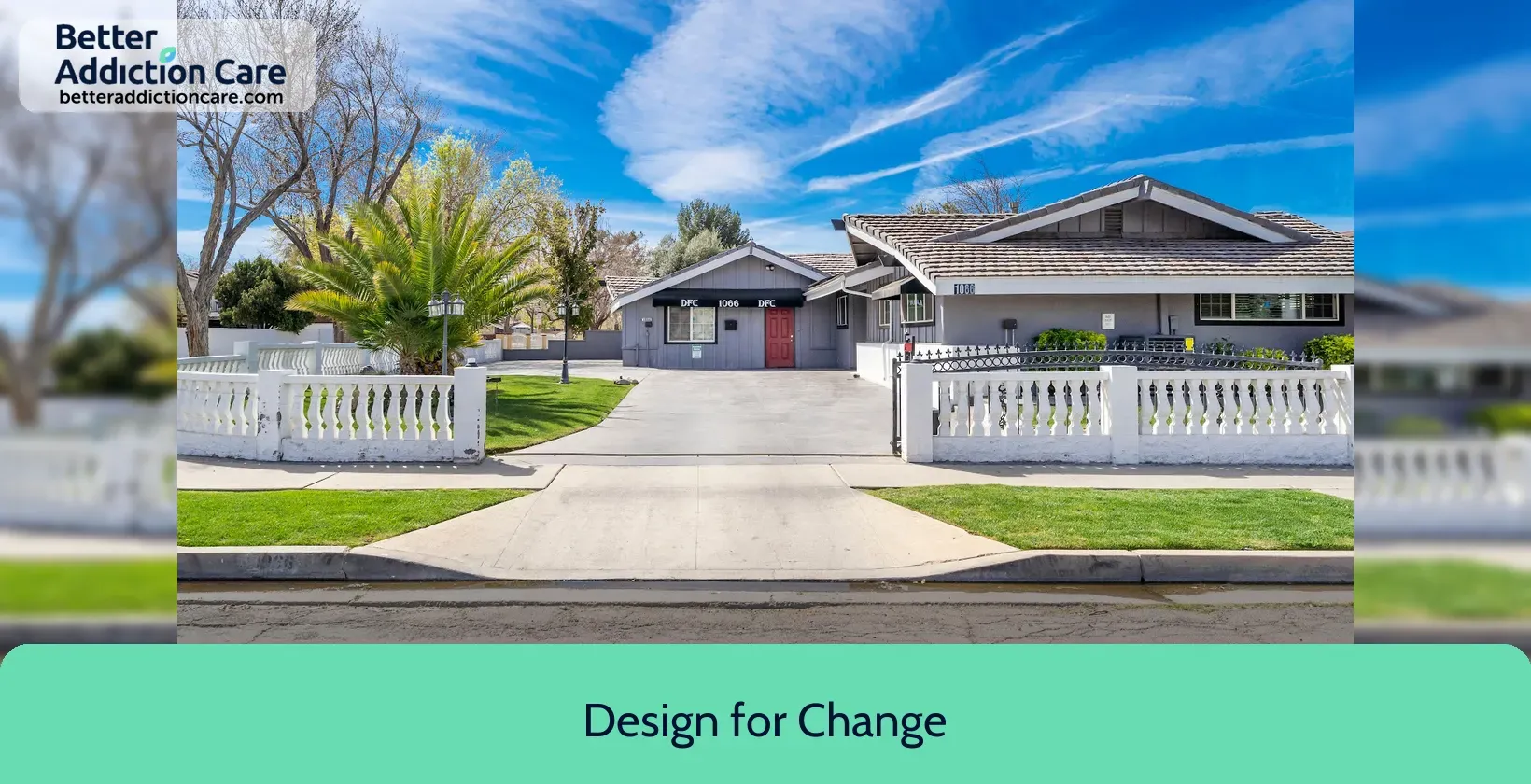
7.35
DISCLAIMER: The facility name, logo and brand are the property and registered trademarks of Design for Change, and are being used for identification and informational purposes only. Use of these names, logos and brands shall not imply endorsement. BetterAddictionCare.com is not affiliated with or sponsored by Design for Change.
